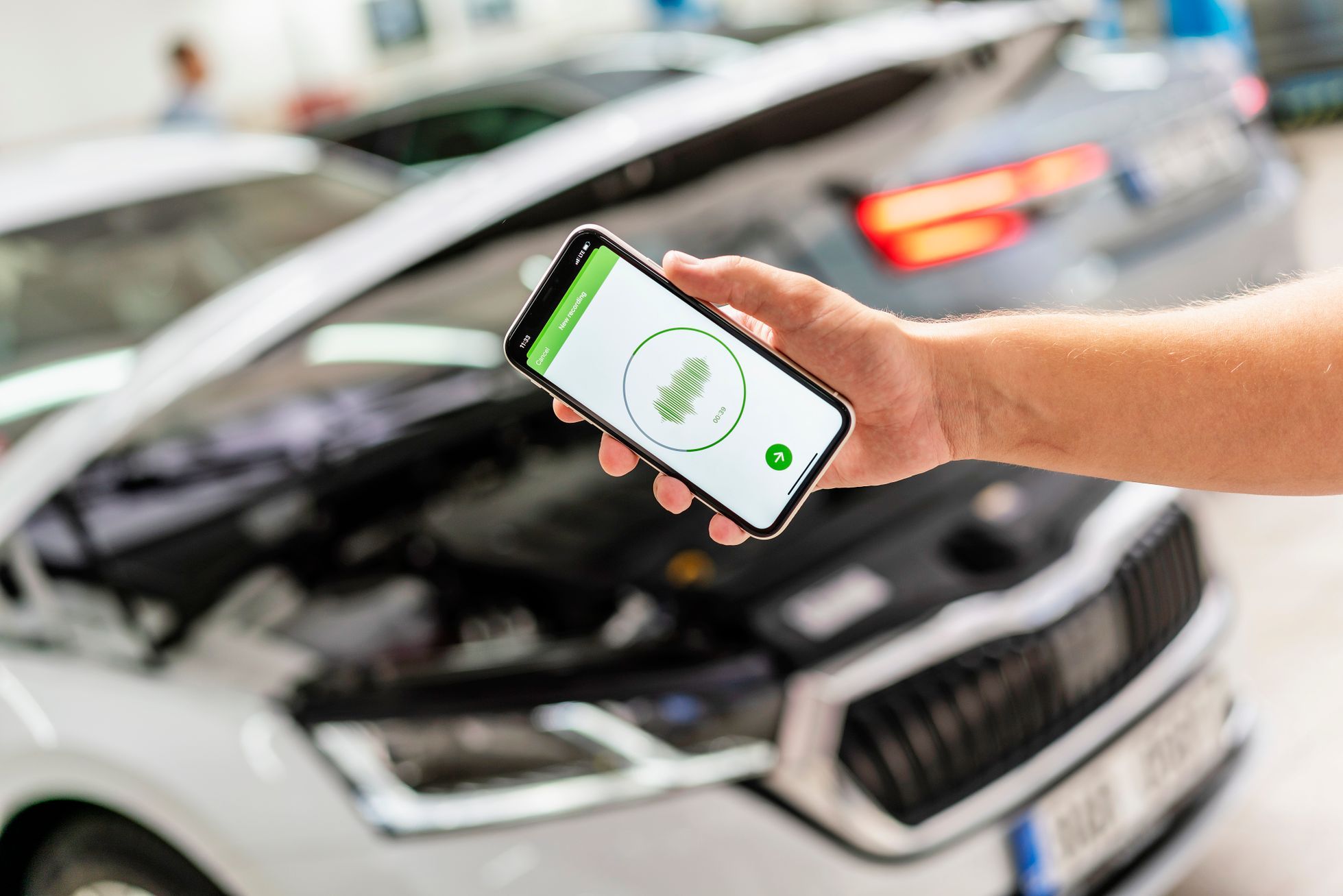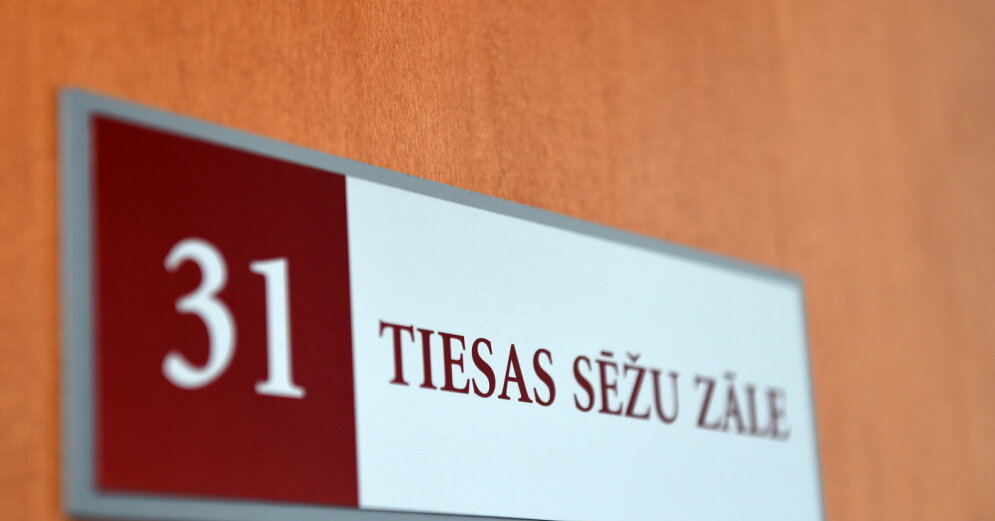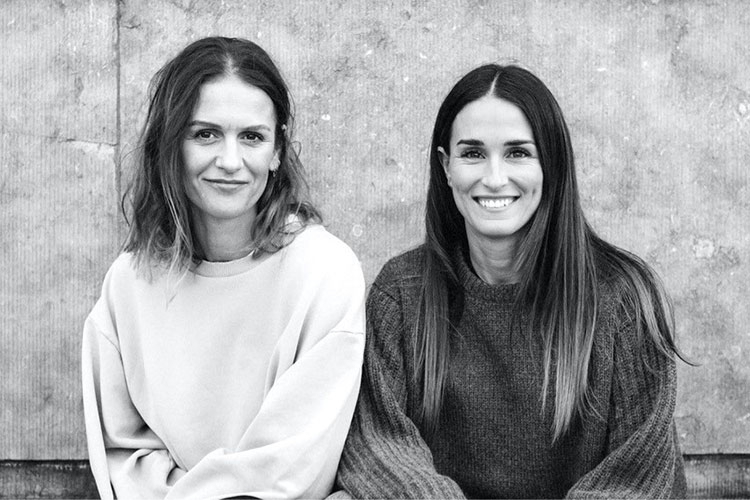Nearly 250 Škoda service centers in 14 countries are testing an application with which they can detect car defects only by sound. Sound Analyzer uses artificial intelligence to evaluate recorded sound and quickly determine where the problem might be.
From the user’s point of view, the application is very simple. Just record the sound and the program will then compare it with the stored acoustic patterns. If it finds discrepancies, it uses an algorithm to determine what could have caused them and recommends the correct troubleshooting procedure to the mechanic. Just use a mobile phone or tablet to use.
The technical basis is the algorithm of the so-called neural network. The recorded sound is converted to a spectrogram, ie the image display of acoustic signals. The artificial intelligence then compares the image with a known pattern and then suggests what to do next according to the deviations.
“The technology recognizes ten patterns with an accuracy of over 90 percent. These are components such as a control system, air conditioning compressor or dual-clutch transmission (DSG). Currently, the application is” training “to recognize other acoustic patterns,” explains Škoda spokesman Martin Ježek.
The Škoda application has been running in trial operation in 14 countries at 245 dealers since last June. In addition to France, Germany, Russia and Austria, it is also used by dozens of authorized services in the Czech Republic. At the moment, the pilot program is mainly used to collect audio recordings from which artificial intelligence is to be learned.
“The gradual introduction of technologies for detecting acoustic deviations from the normal state will open up a number of new possibilities in the field of predictive maintenance. Hedgehog.
Behind the Sound Analyzer is the Škoda department of after-sales services, Škoda Digilab, and then a technology supplier whose brand representatives do not want to name. Fault analysis according to the sounds made by machines is already used today, for example, in production. Such technology is supplied, for example, by the Prague start-up Neuron Soundware, which, among other things, is already cooperating with Škoda.
Škoda is definitely not the only one working on similar technology. It is also being developed, for example, by a Korean concern Hyundai-Kia. He even claims that his comparison shows that while an expert’s trained ear can recognize a defect by less than nine percent by the sound it causes, artificial intelligence has a success rate of almost ninety percent.
– .


